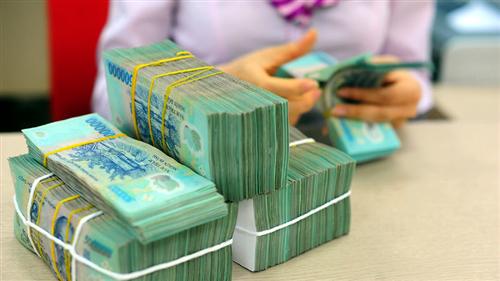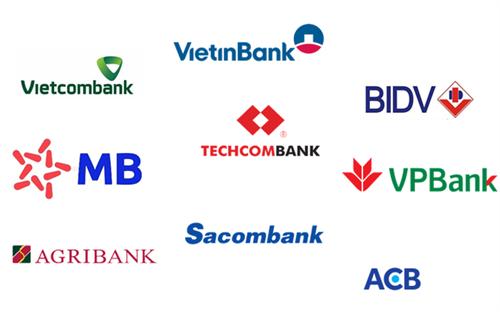Vietnam’s new consumer finance restrictions to challenge business models: Fitch Ratings
Vietnam’s new consumer finance restrictions to challenge business models: Fitch Ratings
Vietnam’s new regulatory limits on unsecured consumer finance personal loans will pressure the business models of more exposed companies over the next few years, Fitch Ratings said in a statement on February 6.

“The rules highlight regulatory efforts to temper risks from rising consumer leverage, following aggressive consumer credit growth over the past few years. However, they may also push industry competition toward other product segments as lenders seek to grow,” stated the U.S.-based ratings agency.
The State Bank of Vietnam released a circular late last year, which caps the ratio of personal loans for a finance company to 70% of its total consumer loans from January 2021. This falls to 60% from 2022, 50% from 2023 and 30% by 2024.
Only customers with total personal loans exceeding VND20 million (US$860) with the company will count toward the cap. These unsecured loans are typically higher risk and known as “cash loans” locally.
“The rules also add to consumer protection requirements, which should strengthen the sector’s social and governance aspects if well enforced,” said Fitch Ratings.
The transition timeline follows a year-long industry consultation and provides breathing room for more-concentrated lenders to adjust their portfolios. However, companies will still have to grapple with the challenge of diversifying their loan portfolios while maintaining growth and profitability.
“The rules are likely to weigh on industry receivables growth, as we estimate that cash loans accounted for over half of the total loans of the top three finance companies in 2018,” remarked Fitch Ratings.
The agency believed larger, more established finance companies are better placed to meet the new requirements. It pointed out that the two largest financiers – FE Credit and Home Credit Vietnam Finance Co., Ltd (B+/Stable) – have significant exposure to cash loans.
These loans were roughly 73% of FE Credit’s and 58% of Home Credit Vietnam’s total loans at end-March 2019 and end-2018, respectively, based on a catch-all cash loan definition. However, the companies should be able to reposition their portfolios over the next four years in light of their broad distribution networks and product sets.
Fitch Ratings stated that the third-largest competitor, HD Saison, should be barely affected by the rules as cash loans only accounted for some 32% of its total loans at end-2018.
By contrast, newer, smaller companies that concentrate on cash loans may find it harder to shift their business models, according to the agency.
They may need to develop additional product expertise and distribution channels to diversify away from cash loans. This may entail greater investment costs and execution risks in testing new business models and product lines.
Fitch expected the operating environment and business models of Vietnam’s consumer finance companies to continue evolving rapidly.
“Margins are likely to be compressed in other consumer finance products as companies seek to expand beyond cash loans. Credit cards, an emerging product for consumer finance companies, and durable goods financing may be two of these products,” noted the agency.
Industry profitability remains attractive, but returns have narrowed amid increased competition from new entrants, including some subsidiaries of local banks and fresh capital from large regional financial institutions.
Greater exposure to credit cards may bring finance companies into closer competition with banks, which generally enjoy greater benefits of scale and access to lower costs and more stable deposit funding.
Relationships with foreign shareholders who can transfer product know-how or help lower funding costs will be an advantage, though any imported expertise will still need to be calibrated to local conditions.
Korea’s Shinhan Card Co., Ltd, Lotte Card Co., Ltd and Hyundai Card Co., Ltd (BBB/Stable) and Japan’s Shinsei Bank have each recently purchased or are in the process of purchasing stakes in Vietnamese finance companies.


























